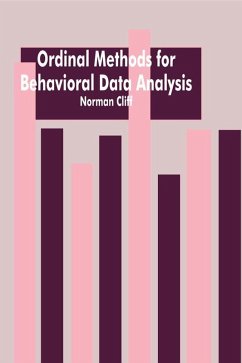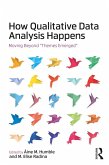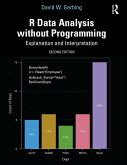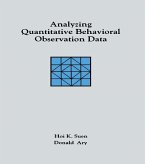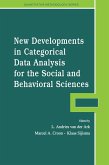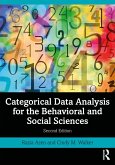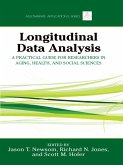This book was written with the belief that ordinal statistical methods--sometimes discussed under the title of "e;nonparametric statistics"e;--deserve much more serious attention as research tools than they have traditionally had. There are three classes of reasons for this: *Many behavioral variables constitute only ordinal scales, not interval measurements that are required for traditional statistics. *Various research issues that are of primary interest in behavioral research are themselves questions about order: Which group scores higher? Is the order on this variable similar to the order on that? *Inferences from ordinal statistics are less subject to distributional peculiarities of the data than are those from traditional statistics. Taking an innovative approach, this book treats ordinal methods in an integrated way rather than as a compendium of unrelated methods, and emphasizes that the ordinal quantities are highly meaningful in their own right, not just as stand-ins for more traditional correlations or analyses of variance. In fact, since the ordinal statistics have desirable descriptive properties of their own, the book treats them parametrically, rather then nonparametrically. The author discusses how ordinal statistics can be applied in a much wider set of research situations than has usually been thought, and that they can often come closer to answering the researcher's primary questions than traditional ones can. And he includes some extensions of ordinal methods in order to accomplish that end.
Dieser Download kann aus rechtlichen Gründen nur mit Rechnungsadresse in A, B, BG, CY, CZ, D, DK, EW, E, FIN, F, GR, HR, H, IRL, I, LT, L, LR, M, NL, PL, P, R, S, SLO, SK ausgeliefert werden.

